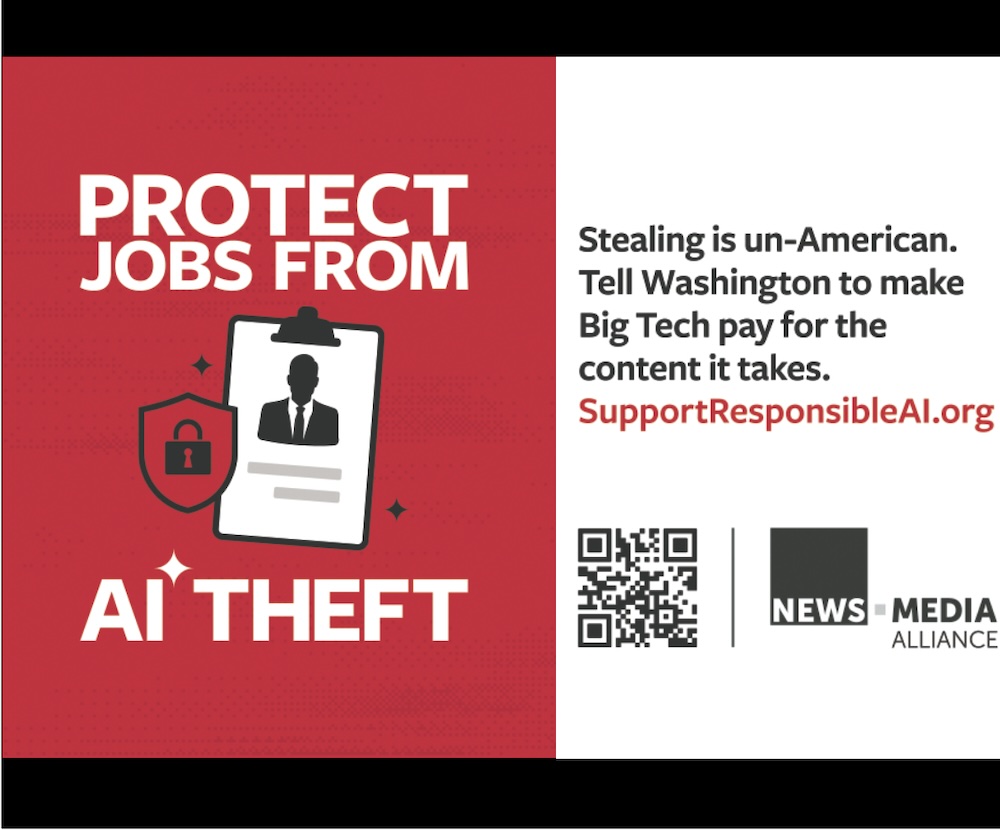Used car prices are through the sunroof. Here’s why

High demand and low supply spiked used car prices across the country and prices won’t drastically fall for a while. And even worse, flooding damaged hundreds of cars in Metro Detroit driving demand even higher. (Shutterstock)
By Sophia Kalakailo (Bridge Magazine)
Cheap used cars are hard to come by these days.
The average price of a used car has jumped dramatically in Michigan and across the country due to numerous factors, including the pandemic, driving high demand and low supply.
How high are prices? Some used cars are now more expensive than new models of the same auto. And floods in Metro Detroit, which caused damage to a lot of vehicles, are making the situation worse.
Here’s what you need to know.
How high are used car prices now?
The average listing price for a used car in the country was $22,568 at the start of May, according to Michelle Krebs, executive analyst for Cox Automotive Inc., an automotive research group. It crossed the $22,000 mark for the first time in April.
In Detroit from April 2020 to April 2021, used car prices for model year 2016-20 cars and trucks jumped 20.8 percent, or by $4,482, according to data from another automotive research group, iSeeCars. In the Grand Rapids and Kalamazoo areas, prices jumped by 15.4 percent, or by $3,594.
Why are used car prices so high?
Like so much now, you can at least partly blame COVID-19.
New vehicle production has been down since the pandemic began. Last year, Krebs said, some of the normal ways used cars enter the market weren’t available. Some dealerships were closed or had limited service for months, limiting the ability of customers to trade in their old cars. People extended their leases instead of trading in their cars. Auctions, where dealers buy and sell used cars, were closed or moved online.
As the economy began opening up in 2021 and travel made a comeback, rental car companies wanted to buy new cars. But automakers wouldn’t sell new cars to rental companies because there was too much demand from retail customers. In turn, rental car companies started buying up used cars.
To make matters worse, a shortage of car parts like microchips, necessary for electrical components, is slowing the production of new cars forcing buyers to turn to used cars. With not enough cars being assembled, the used car supply keeps getting lower while the demand remains high.
“Consumer demand for both new and used cars has been far stronger than anyone anticipated,” Krebs said. “Yet, inventories have been low.”
High demand and low supply equal high prices.
Why is finding a used car so hard in metro Detroit?
Derek Johnson, used car manager for Bob Maxey Ford in Detroit, said the flooding in the area has increased demand even more.
“We’ve got a lot of customers out here who have lost their vehicles due to the flood,” Johnson said. “And we’ve gotten lease customers who are turning their vehicles in and they have to order vehicles and it’s taking an extended period of time so it’s a pretty funny market right now.”
Jack Sugars, pre-owned sales manager of Jack Demmer Lincoln in Dearborn, said the dealership has had five customers coming in after floods damaged their vehicles. Sugars also said he noticed the demand for used cars up in June but that it began to decline this month along with the price of used cars.
Have prices jumped for all used cars?
There’s more sticker shock on some models than others. For example, national data from iSeeCars indicates that the biggest price jumps have been among some models of trucks, sports cars, and luxury brands.
Used Chevy Corvettes are selling for 34 percent more than just a year ago. Prices for Dodge Ram, GMC Sierra and Chevy Silverado trucks have jumped 27 percent to 28 percent.
Looking for a (comparative) bargain? If you can find one, used Subaru Crosstreks have gone up in price less than 2 percent in the past year nationally.
When will it end?
In short, get used to higher prices.
The good news is that wholesale used prices (the price dealerships pay at an auction or to consumers for their old cars) have already dipped from their peak in June. Retail prices, Krebs said, usually take one or two months to follow. Krebs said Cox Automotive thinks retail used prices have also peaked but will know for sure from next week’s data.
The bad news: prices are not going to fall a lot soon.
“For the next couple of years, we expect continued strong demand for used vehicles due to affordability challenges for some vehicle buyers and low inventory, which will mean strong prices,” Krebs said.










You must be logged in to post a comment Login